Company/organization and country: Stahmann Webster, Australia
Type of project: Research, business implementation, product development
SDG(s) relevant to the project: 2, 6, 12, 13, 15
Topic(s): Industrial innovation, energy efficiency, circular economy, supply chain transparency and traceability, diversity, equity and inclusion, net zero and Scope 3 emissions, nature-positive approaches and regenerative agriculture, water management, engagement with local communities.
Product(s): Almonds, macadamias, pecans, walnuts
Project end date and duration: 10/03/2023 (19 months)
Abstract: Taking decisive action now to have a positive impact on global and Australian agriculture, Stahmann Webster is committed to proactively work to meet and comply to the Leading Harvest Australia Farmland Management Standard Est. 2023. Our pledge to produce safe and healthy foods will now be strengthened by our commitment to our communities and the planet, leading us to constantly improve, not only as a business, but as members of society.
As part of our ESG and sustainability commitment:
- Stahmann Webster adopts an ethical stewardship approach to farming through responsible water management and tailored soil health programs. The natural sequestration capacity of our orchards allows us to operate as a carbon-negative business.
- Stahmann Webster plays an active role in local Australian communities throughout the regions in which we operate. We seek to support local businesses, champion diversity and acknowledge the enduring heritage of the Aboriginal and Torres Strait Islander peoples of this country.
- Stahmann Webster is committed to transparency and accountability, which is reflected in our audit and reporting processes and a culture of open disclosure. We strive for continuous improvement of our governance practices in all areas.
Through the creation of our desktop ESG and sustainability reports for each one of our Australian tree nut orchards (pecans, macadamias, walnuts and almonds), and the audit process required to achieve compliance to the Leading Harvest Standard, we showcase our commitment by transparently and candidly reporting our practices and policies. As we move forward, as responsible stewards of our farmland, we will have innumerable opportunities to grow and improve even further.
The scope of Stahmann Webster’s project is broad and coheres with several Sustainable Development Goals (SDGs), including:
- Goal 2: End hunger, achieve food security and improved nutrition and promote sustainable agriculture.
- Goal 6: Ensure availability and sustainable management of water and sanitation for all.
- Goal 8: Promote sustained, inclusive and sustainable economic growth, full and productive employment and decent work for all.
- Goal 12: Ensure sustainable consumption and production patterns.
- Goal 13: Take urgent action to combat climate change and its impacts.
- Goal 15: Protect, restore and promote sustainable use of terrestrial ecosystems, sustainably manage forests, combat desertification, and halt and reverse land degradation and halt biodiversity loss.
As a result of Stahmann Webster’s ESG and sustainability journey, our business’ management and practices will evolve in alignment with our principles. This will have an impact on matters that go from sustainable soil health management, water conservation and protection, agricultural research and innovation, to creating an inclusive and supportive environment for our employees, communities and customers.
Outcomes: Given the scale of our enterprise and the wide array of climates and geographical locations we farm, and through our compliance to the Leading Harvest Standard, Stahmann Webster can and will have a great and growing impact on the pecan, macadamia, walnut and almond industries.
Aligning the principles and objectives of the Leading Harvest Standard to the UN’s SDGs, Stahmann Webster will:
- Responsibly manage our farmland, enhancing soil quality and soil health while seeking ways to improve the impact our operations have on the environments and ecosystems we farm.
- Continuously strengthen our water management programs to safeguard regional water sources and to protect their water quality.
- Ensure sustainable production patterns by being a pioneer in research and agricultural innovation.
- Combat climate change by improving our business’ efficiencies and through the transition to renewable energy sources. Our soil nutritional programs and soil management plans will enhance the carbon sequestration capabilities of our orchards.
The outcomes of our project will go beyond our own impact. Leading the Australian nut industry and energizing the transition into sustainable, societal and environmental proactive practices, is the very essence of Stahmann Webster’s sustainability project.



